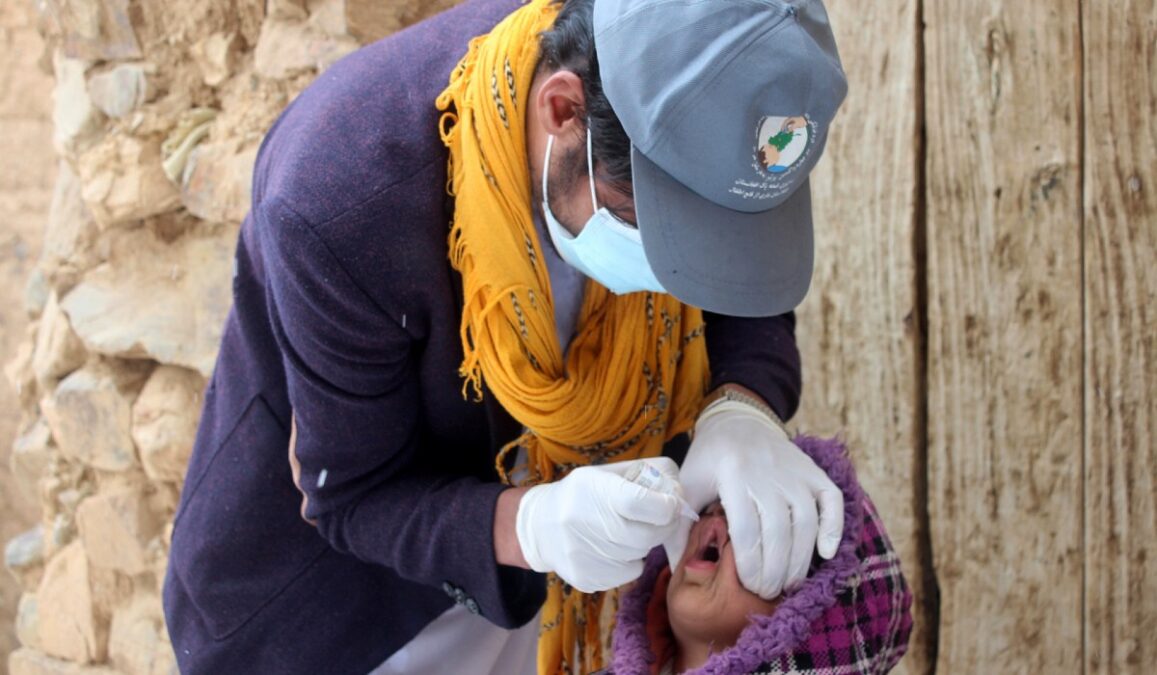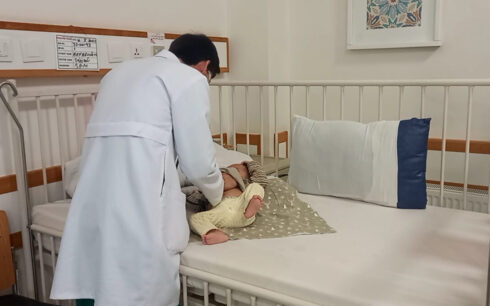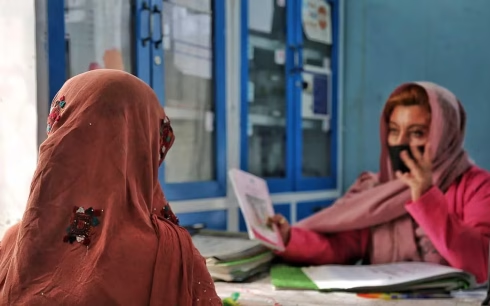The Taliban has suspended polio vaccination campaigns in Afghanistan, according to a report from the United Nations cited by The Associated Press on Monday.
Afghanistan remains one of only two countries where polio has not been fully eradicated, the other being neighboring Pakistan.
The suspension of the campaigns was communicated to U.N. agencies just before a planned vaccination drive in September. No reason was provided for the decision, and the Taliban has not commented on the matter.
A senior World Health Organization (WHO) official noted that discussions are underway to shift from door-to-door vaccinations to administering vaccines at fixed locations, such as mosques.
The WHO confirmed that 18 cases of polio have been reported in Afghanistan this year, 16 of them in the southern region. In 2023, there were only six reported cases.
Hamid Jafari, a WHO official, stated, “The Global Polio Eradication Initiative is aware of recent policies to shift vaccination efforts from door-to-door to site-based campaigns in certain parts of Afghanistan. Partners are assessing the impact of these changes.”
Polio vaccination campaigns in neighboring Pakistan have also faced regular violence, with militant groups attacking health workers and police teams protecting them, falsely claiming that the vaccination efforts are part of a Western conspiracy to sterilize children.
The suspension of the September campaign is seen as a setback to efforts to eradicate polio in Afghanistan.
As of August, the WHO reported that Afghanistan and Pakistan had been carrying out “intensive, coordinated” campaigns aimed at improving vaccination coverage in high-risk areas and ensuring timely responses to reported cases.
In June 2024, Afghanistan conducted its first door-to-door vaccination campaign in five years, a strategy that helped reach the majority of targeted children. However, in Kandahar, the home province of Taliban leader Haibatullah Akhundzada, vaccinations were conducted at fixed locations, such as mosques, which WHO says is less effective than door-to-door outreach.
Kandahar remains home to a large population of children vulnerable to polio because door-to-door vaccination is not permitted. The WHO has also reported that female participation in vaccination teams in these campaigns has been only around 20 percent, limiting access to children in certain areas.
The WHO has warned that disruptions in Afghanistan could threaten vaccination efforts in Pakistan, due to the high mobility of populations between the two countries.
This suspension marks the latest obstacle in global efforts to eradicate polio. The Global Polio Eradication Initiative, which costs about $1 billion annually, has repeatedly missed its deadlines for wiping out the disease, and strategic missteps have proved costly.
Additionally, the oral polio vaccine itself has inadvertently caused outbreaks of mutated polio strains in several countries across Africa, Asia, and the Middle East. These vaccine-derived strains are now responsible for the majority of global polio cases.
Recently, a baby in Gaza suffered partial paralysis from a mutated strain of polio linked to the oral vaccine, marking the first case in the region in over 25 years.





